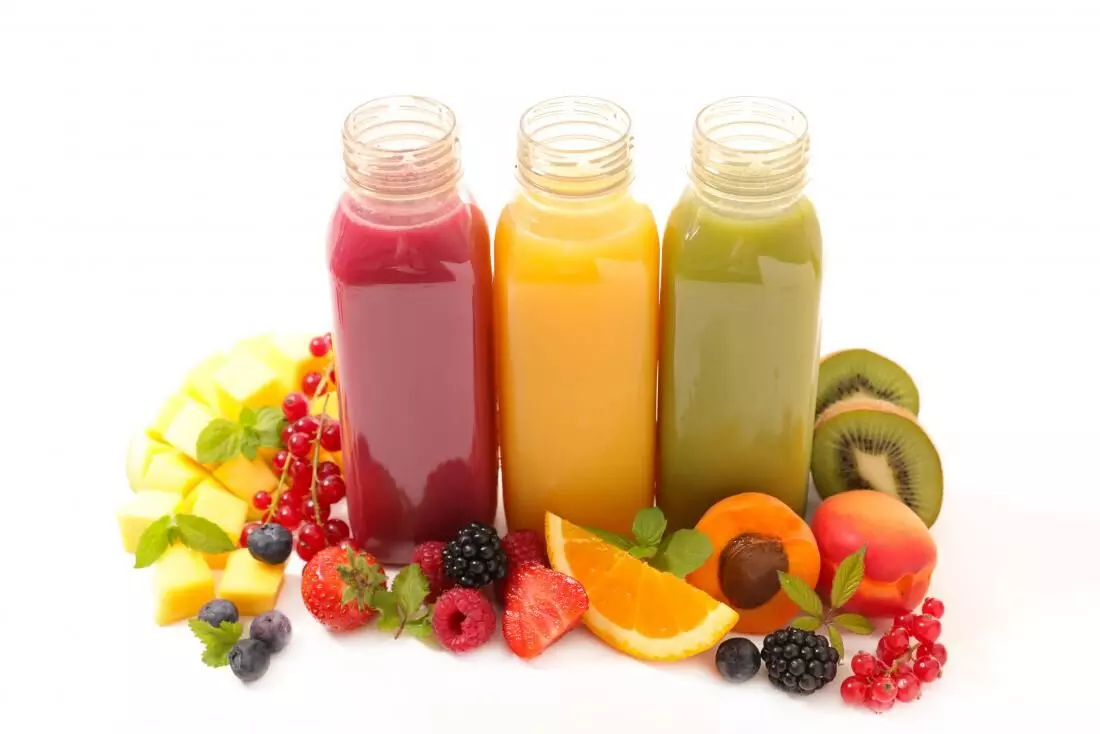Not so fruity!

Under the scorching sun, the consumer’s urge to remain hydrated is usually very pronounced, and justified. Apart from regular consumption of water, an average consumer finds fruit juices to be the second-best option for water and nutrient intake. Even beyond summers, India’s growing health-conscious citizenry looks up to fruit juice as a healthy beverage, prioritising it over soda-water and carbonated drinks. This is where marketing forces chip in. Advertising or branding is mostly about tapping the underlying fears and aspirations of people. Although in practice a product is exchanged for money, essentially, the people’s fears and aspirations around well-being are accorded price tags. While catering to public needs, it becomes very important for companies and marketers to ensure that citizen’s safety and well-being are not compromised in any manner, and they don’t end up being fooled.
To ensure transparency and protect consumer interests, the Food Safety and Standards Authority of India (FSSAI) has mandated all Food Business Operators (FBOs) to remove the claim of ‘100 per cent fruit juice’ from labels and advertisements of their reconstituted fruit juice products. Additionally, any pre-printed packaging materials featuring such claims must be exhausted before September 1, 2024.
According to the Food Safety and Standards (Advertising and Claims) Regulation, 2018, no company is permitted to label their reconstituted fruit juice as ‘100 per cent fruit juice.’ It is outright baffling that despite the regulation, FBOs have been allowed to proceed with misleading claims for years. Reconstituted juices, which are made by adding water to concentrated juice or pulp, contain the highest amount of water and cannot be equated with pure fruit juice. The FSSAI has asserted that such claims are misleading and should be entirely banned. Furthermore, companies must label these products in an accurate manner by highlighting the term ‘reconstituted’ on the packaging itself. Another critical aspect of the FSSAI directive is regarding the sugar content in fruit juices. The FSSAI clarified that if a juice contains more than 15 grams of sugar per kilogram, it must be labelled as ‘sweetened juice.’
The FSSAI’s directive should act as an eye opener for consumers. They must be conscious about the health profile of the drinks they consume. It goes without saying that clear-cut information on drink packets/bottles will help them choose the best suited alternative. The Indian Express has quoted health experts, stating that freshly squeezed fruit juices are generally recommended over packaged ones due to their superior nutritional profile. Fresh juices retain most of the vitamins, minerals, and enzymes found naturally in fruits, offering benefits such as improved immune function, better digestion, and overall health enhancement. In contrast, reconstituted juices often lose significant nutrients during processing and may contain added sugars and preservatives, contributing to health issues like obesity and metabolic disorders.
To sum up, FSSAI’s directive to FBOs was a much-needed intervention. However, a certain Indian food company has sought clarification from the regulator regarding the compliance mechanism with the directive. The FSSAI needs to address these ambiguities through more detailed guidelines. Meanwhile, consumers have certainly received a nudge to be careful about what they choose to drink during summers and beyond.



